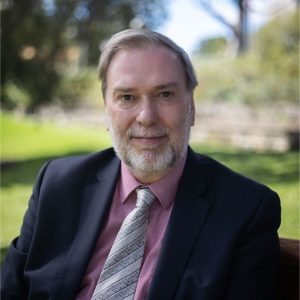Aged Care Minister Anika Wells has said modelling predicts 869 additional nurses will be needed to meet the Federal Government’s commitment to 24/7 nursing in aged care in 11 months’ time, a figure that the Aged & Community Care Providers Association (ACCPA) says is too low.
In Question Time last Thursday, Ms Wells (above) said around 80% of facilities already fulfil or nearly fulfil the requirement for 24/7 nurses, and said the Government is “focused 110%” on the remaining 20% of facilities that do not.
“We are working with providers to make sure that everybody will have those nurses so that come 1 July next year every single older Australian will know that they will have access to a nurse when they need it in their facility, across the country,” she said.
“We will do that in tandem with our friends in the industrial movement, who are helping us move forward, and with our friends in the community and providers association, who are working with us to make sure that people in regional and rural areas and people in remote areas can access nurses and have the exemptions and support that they need to do that.”
Interim ACCPA CEO Paul Sadler (pictured) says that the 869 figure – based on modelling from the
 Department of Health and Aged Care – is inadequate, with the actual number required being closer to 1,440.
Department of Health and Aged Care – is inadequate, with the actual number required being closer to 1,440.
“I don’t have visibility of how the Department advised that number, so it is possible they have some additional data we don’t have access to,” he told Guardian Australia.
“But if that’s the case, it would be good if they shared that with the nursing colleges and unions and providers. Our sense is the number will be higher.”
The Aged Care Amendment (Implementing Care Reform) Bill 2022, which includes the 24/7 nursing requirement, was brought to Parliament on its first full business day last week. It was the first bill passed in the House of Representatives.










